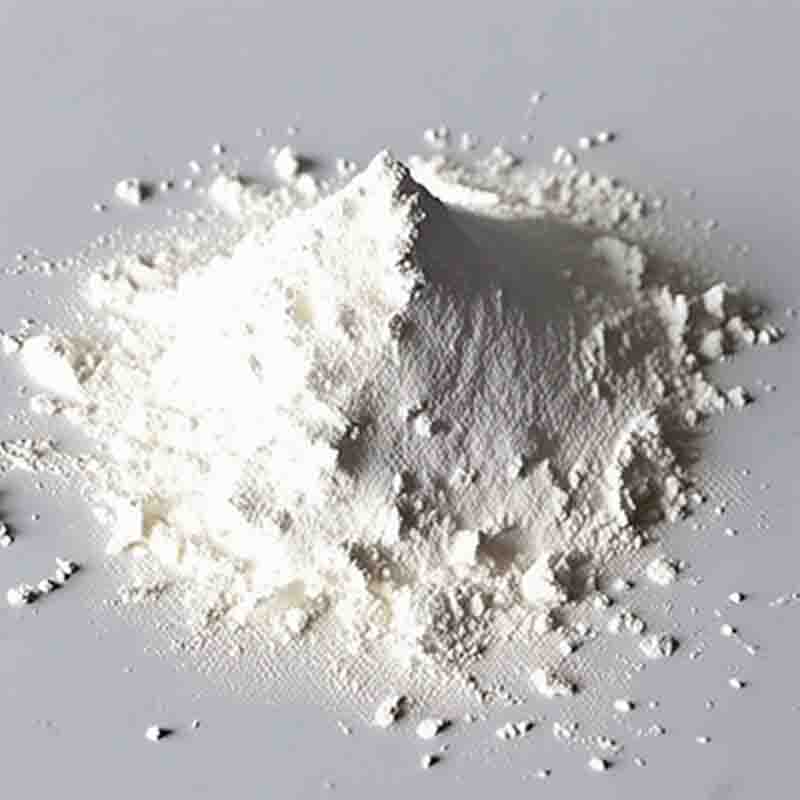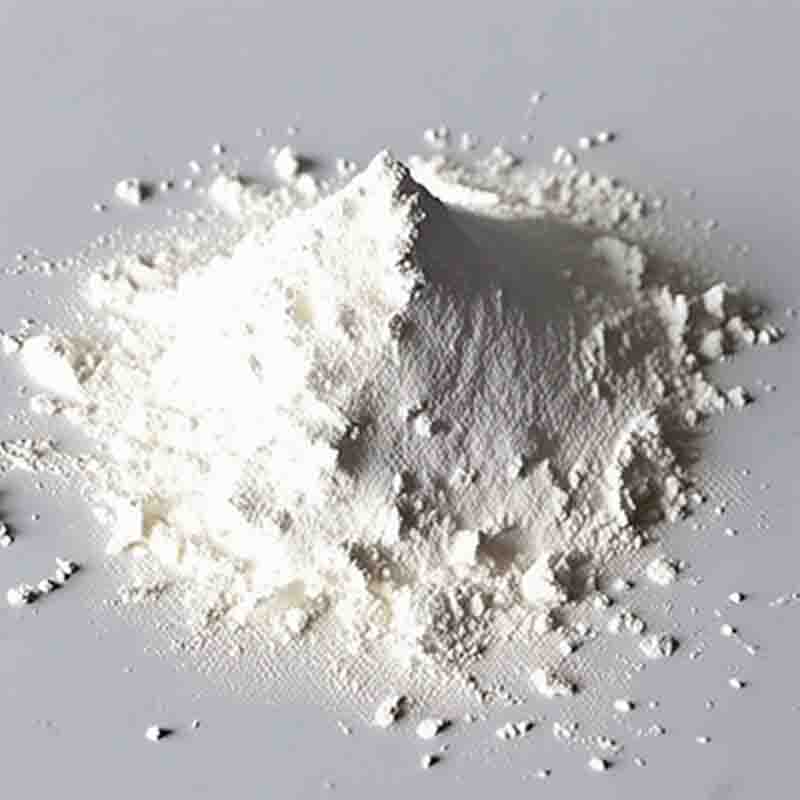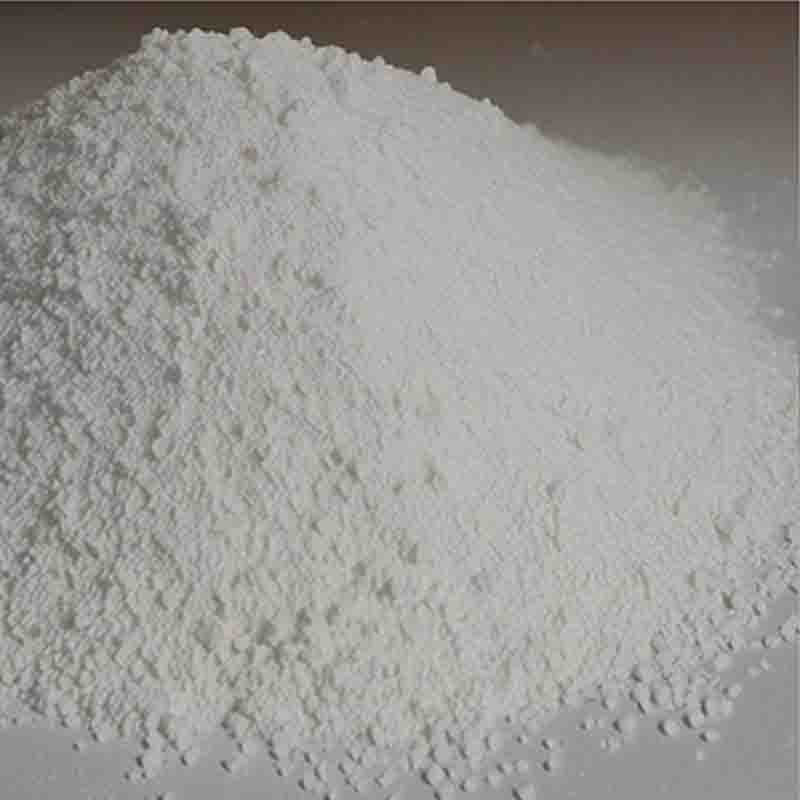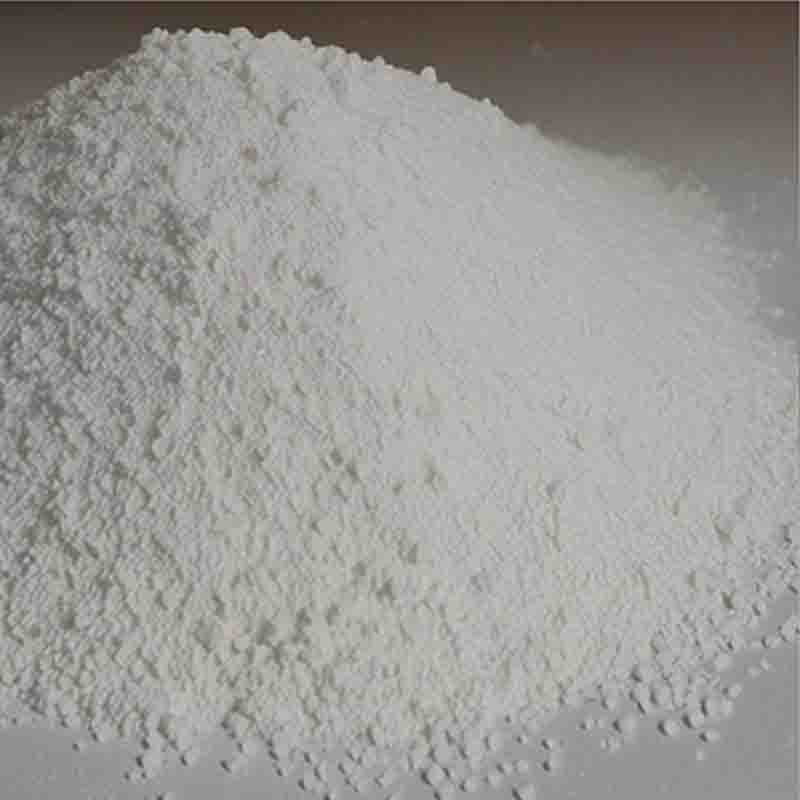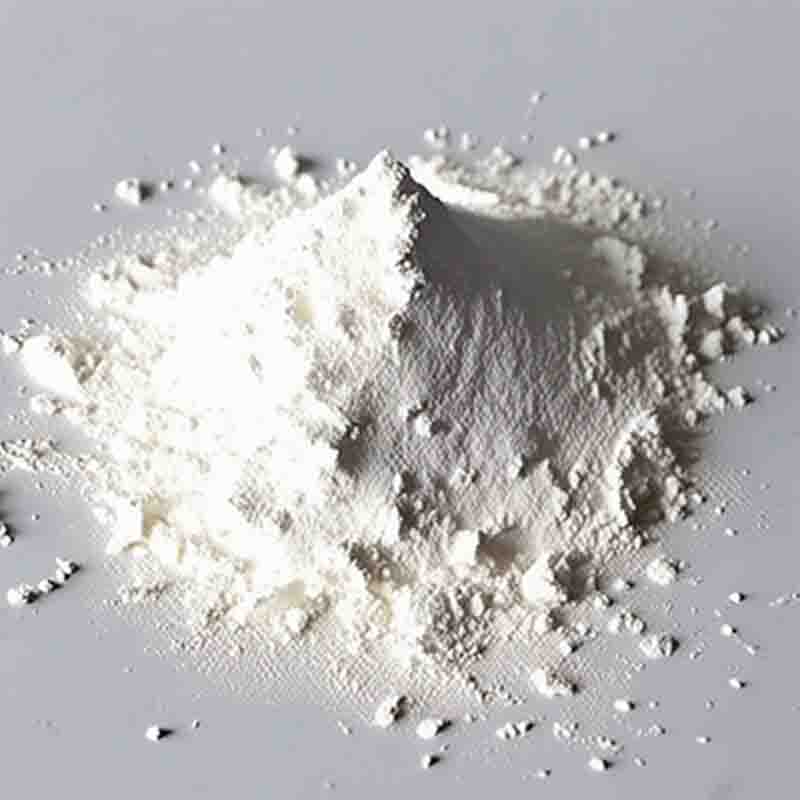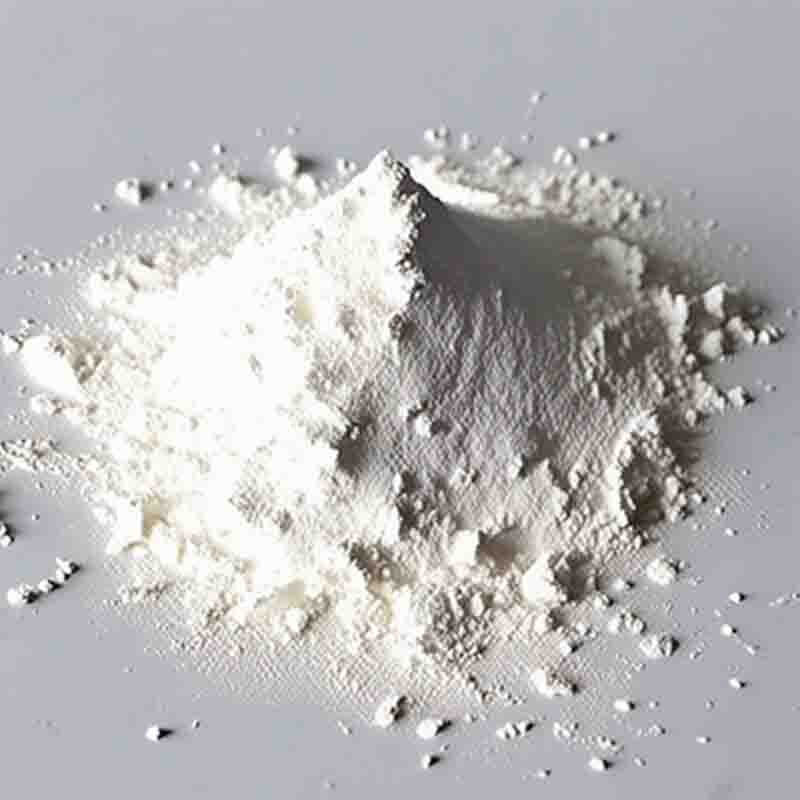2-Isopropyl-2-adamantylmethacrylate CAS:297156-50-4
| Catalog Number | XD96124 |
| Product Name | 2-Isopropyl-2-adamantylmethacrylate |
| CAS | 297156-50-4 |
| Molecular Formula | C17H26O2 |
| Molecular Weight | 262.39 |
| Storage Details | Ambient |
Product Specification
| Appearance | White powder |
| Assay | 99% min |
2-Isopropyl-2-adamantylmethacrylate (IPAM) is a chemical compound that exhibits various effects and applications in different fields. Here are some of its notable effects explained:Polymerization: As a methacrylate monomer, IPAM has the ability to undergo polymerization through free radical mechanisms. When combined with suitable initiators and co-monomers, it can form polymer networks with improved properties, such as adhesion, impact resistance, and flexibility. This makes IPAM valuable in the synthesis of polymers for coatings, adhesives, and other applications.Hydrophobicity: The isopropyl and adamantyl groups in IPAM contribute to its hydrophobic nature. This property allows IPAM to repel water and resist moisture absorption, making it suitable for applications where water resistance is desired. It can be used in coatings for outdoor structures, protective films, or water-resistant sealants.Chemical resistance: IPAM exhibits excellent chemical resistance due to its structure. It can withstand the effects of various chemical substances, including acids, bases, solvents, and oils. This makes IPAM an ideal choice for applications that require chemical resistance, such as coatings for industrial equipment, chemical storage tanks, or protective layers for electronic components.Thermal stability: IPAM possesses a high level of thermal stability, which allows it to maintain its integrity and performance at elevated temperatures. It can withstand heat exposure without undergoing significant degradation or loss of properties. This makes IPAM suitable for applications in high-temperature environments, such as heat-resistant coatings, flame retardant materials, or components for automotive and aerospace industries.Adhesion promotion: IPAM can enhance the adhesion properties of materials when incorporated into adhesive formulations or coatings. It can form strong bonds with different substrates, including metals, plastics, and glass, resulting in improved interfacial adhesion and bonding strength. This makes IPAM valuable for applications requiring strong adhesion, such as structural adhesives, laminates, or surface coatings.In summary, 2-Isopropyl-2-adamantylmethacrylate (IPAM) exhibits effects such as polymerization, hydrophobicity, chemical resistance, thermal stability, and adhesion promotion. Its properties make it valuable in various applications, including coatings, adhesives, water resistance, chemical resistance, heat resistance, and enhanced interfacial adhesion. Ultimately, IPAM contributes to the development of materials with improved performance characteristics in different industries.


